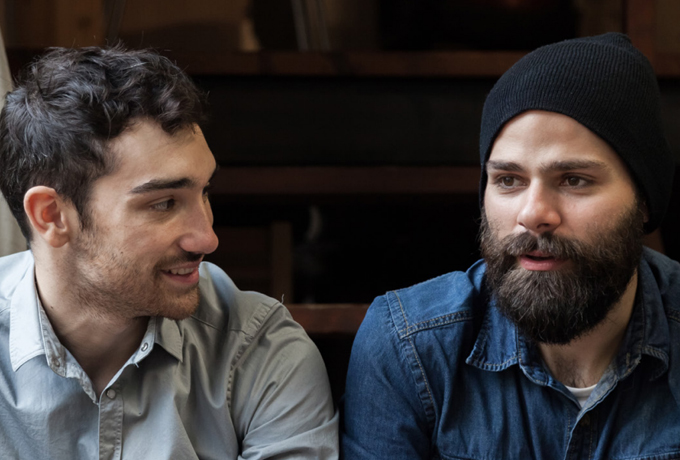MensLine Australia Changing for Good caught up with Ken Nathan recently to discuss the importance of understanding and developing respectful relationships. Ken is the Founder and Director of Interventions Plus, who offer counselling, dispute resolution, workshops, seminars and courses for adolescents – including anger and depression management, in addition to treatment programs. We asked Ken to share learning’s from his Rules in Relationships program.
Changing For Good (C4G): Can you tell us about the importance of teaching respect in relationships to young people?
Kenneth Nathan, Interventions Plus (KN): Adolescence and early adulthood are widely regarded as critical stages, particularly in the development of gender and sexual identities. Young people develop their first intimate relationships outside of the family during this period.
Among other factors, experience of domestic and family violence are known to have a negative impact on these relationships. Without a proper understanding of what respectful relationships are people can repeat the cycle of abuse that they’ve been exposed to.
Rules in Relationships was created in response to this growing concern of teenage relationship abuse directed toward women and young girls. It’s an early intervention, adolescent perpetrator prevention program. We focus on things like mutual respect, trust, good communication, understanding and honesty.
C4G: As well as early intervention, how can adults help lead young people to respectful relationships?
KN: Adults have to first model these principles first and foremost. It’s been said that young people’s minds are like wet cement and what is modeled, and said in front of them, can be set in stone. Modeling takes place mostly in the home and this is where they get their first understanding of what constitutes a relationship. If the home is filled with violent conflict, then young people are at risk of repeating this cycle in all relationships, including intimate ones.
“One of the best ways adults can help children at risk of violence in intimate relationships is to spend some quality time mentoring them and showing them what healthy relationships look like.”
It’s also been said that what helps a young person through the turbulent years of adolescence is one significant adult. One of the best ways adults can help children at risk of violence in intimate relationships is to spend some quality time mentoring them and showing them what healthy relationships look like.
C4G: How do you connect with young people?
KN: When we write and deliver programs that address typically “heavy” issues, there has to be a lot of engaging activities that are fun, but that also get the message across. It has to be different to a school classroom type of format. Storytelling works really well – or finding other points of interest where you can connect with them. Having in depth discussions that equip people with the knowledge and skills to abstain from relationship abuse, and understand what proper respect in relationships looks like.
Group work is also good, as they’re going through it together and learning from each other. By doing things together without judgment – giving young people your time and attention– we find they look forward to attending and that the time spent together has an impact on their knowledge and behavior.
MensLine Australia has professional counsellors available 24 hours a day, seven days a week, providing confidential and anonymous information and support for all relationship issues.
Call us on 1300 78 99 78 or access online counselling.









